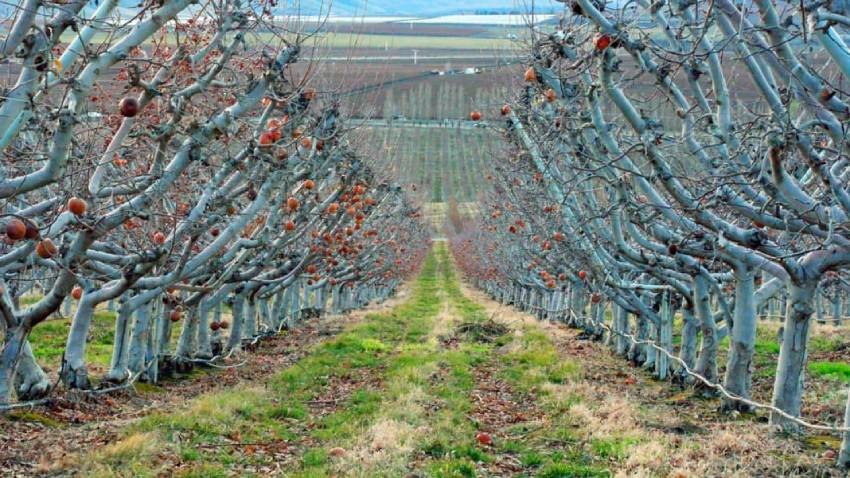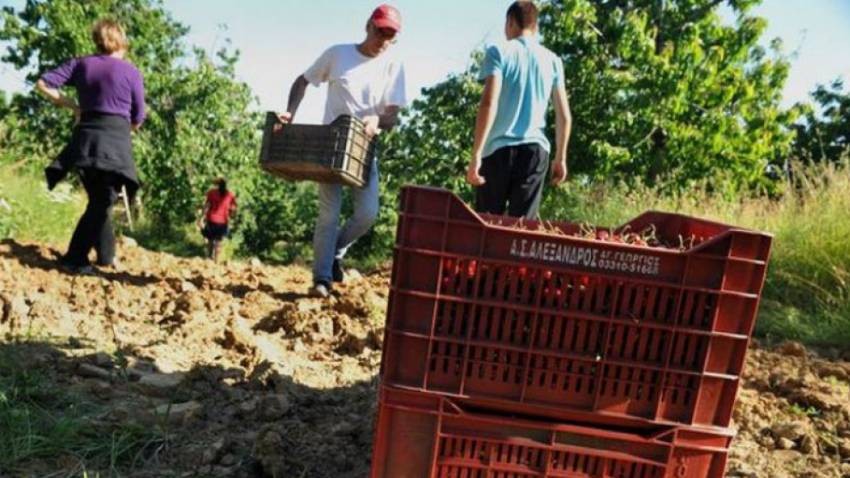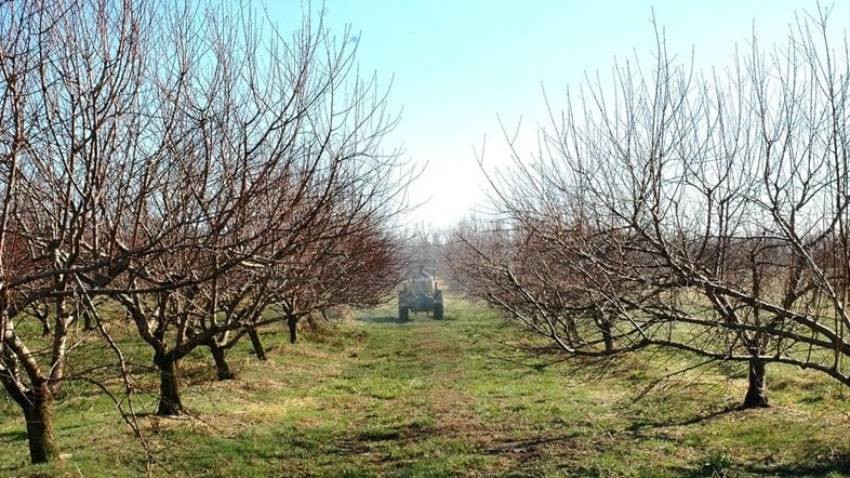The Association of Fruit Growers in Bulgaria reports another challenging year in the agricultural sector. However, the problems are not so much related to the unusually warm winter, nor to the lack of sufficient irrigation water, but to the difficulty of finding markets and labour. Escalating costs and shrinking incomes are discouraging producers from new investment and development of arable land.

"All the crises so far, including the war, have affected fruit growers," explains Zhivka Grozeva, member of the Board of the Fruit Growers Association in Bulgaria. - "We can say that this crisis started in our country in 2020 with the beginning of the pandemic, when we witnessed an almost complete shrinkage of markets. After the pandemic, there was war in Ukraine, which came along with inflation. The price of fruit in that country is not dictated by the producers, but by the importers. Over the last year and a half, production has been decreasing at a significant rate. More and more orchards are being abandoned or put up for sale.”
Despite the government support provided after the pandemic, which was crucial for farmers' survival, the sector was affected by a lack of political stability and credibility.
"There is a systematic lack of consistency in the work, decisions and the Strategic Plan for Agricultural and Rural Development for the period 2023-2027, which is being worked on by several governments. There is also a lack of communication with the Ministry of Agriculture," Zhivka Georgieva points out.
The Association calls for a meeting with the Minister to discuss a number of issues of interest to producers, including those related to the final version of the strategic plan for the development of the sector.
"There are some provisions in this plan that should not remain in their current form," Grozeva is adamant. - One of them is the so-called eco-schemes. They are voluntary and any farmer can commit to them. If he fulfils them, he is entitled to receive support per hectare of arable land. However, they are set up in such a way as to expose producers to additional costs that cannot be covered by the support per hectare. Another problem relates to support for orchards that have not yet begun to bear fruit. They will receive around BGN 90 (EUR 46) per hectare. This is a good idea, but on the other hand, traditional crops such as plums and table grapes are in a separate support group, where the rate is lower than for cherries, apples, peaches and apricots, which is also around BGN 90."
Zhivka Grozeva hopes that the Ministry of Agriculture understands that the Association of Fruit Growers in Bulgaria is not acting in its own interest, but provides the bridge between the farmers and the authorities. Its aim is not to make trouble, but to prevent or overcome problems between them as quickly as possible.
More on the problems in the sector:
Photos: archive, State Fund "Agriculture"
Compiled by Ioan Kolev /based on an interview by Zornitsa Semerdjieva, BNR - Stara Zagora/
In the first quarter of 2024, the country’s real GDP growth is expected to accelerate, which is a prerequisite for similar annual dynamics, the Bulgarian National Bank said in its regular economic review. The GDP growth is mainly due to the..
The Institute for Market Economics has reported that it took 134 days for working Bulgarians to pay their debts to the treasury. This day is almost always in the middle of May, economist Lachezar Bogdanov told BNR. According to..
47% of Bulgarians disagree with the statement that Bulgaria's entry into the euro area will boost the Bulgarian economy and raise their living standards. This is the result of a national survey conducted by the Market Links agency between 27 April and..
The Institute for Market Economics has reported that it took 134 days for working Bulgarians to pay their debts to the treasury...
In the first quarter of 2024, the country’s real GDP growth is expected to accelerate, which is a prerequisite for similar annual dynamics, the..

+359 2 9336 661
